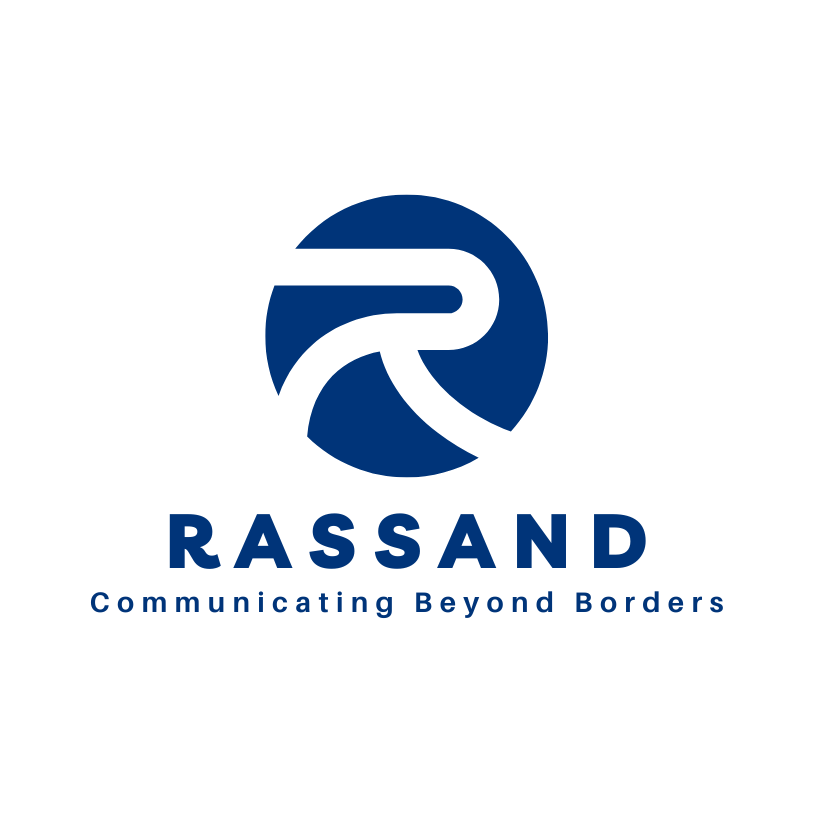Research Services at RASSAND:
RASSAND, in collaboration with its parent organization ATRC, is deeply involved in research activities that support both the linguistic and cultural sectors, particularly in Afghanistan. We partner with various international organizations to produce research reports, manuals, and surveys that contribute to the broader understanding of Afghanistan’s social, cultural, and linguistic landscapes.
Our research focuses on several key areas:
1. International Community Involvement in Afghanistan:
RASSAND has worked closely with international organizations, NGOs, and government bodies to conduct extensive research on the international community’s role in Afghanistan. Our research covers critical topics such as:
– The impact of international assistance on Afghanistan’s socio-economic development
– Cultural adaptation strategies used by international organizations
– Analysis of foreign aid and development programs
– Reports on the effectiveness of international community initiatives across various sectors (health, education, infrastructure, governance)
Through this research, we aim to provide insights and data that help improve the quality and impact of international involvement in Afghanistan, with a special focus on communication, translation, and cultural integration.
2. Partnerships for Research and Publications:
We regularly partner with global and regional organizations to assist in the preparation of manuals, research reports, and surveys. Our services include:
– Manuals and Guidelines: Collaborating with international bodies to create operational and training manuals, often used by NGOs and government entities in Afghanistan for program execution and capacity building.
– Survey Design and Execution: Conducting comprehensive surveys to gather data on critical social, cultural, and linguistic issues. These surveys are often used by policymakers and international organizations to tailor their strategies and operations.
– Research Reports: Delivering detailed research reports that explore various facets of Afghanistan’s social fabric, governance, education, and cultural preservation.
3. Language and Translation-Specific Research:
RASSAND has a strong focus on research related to language and translation, aiming to deepen the understanding of:
– Linguistic diversity in Afghanistan and its impact on communication and translation.
– Translation accuracy and the importance of cultural context in translating between world languages and Afghanistan’s national languages, Dari and Pashto.
– The evolution of translation techniques in the region, with recommendations for improving the quality and efficiency of translation services.
– Developing bilingual and multilingual training programs for translators, with a focus on conflict-sensitive and culturally nuanced communication.
4. Capacity Building Through Research:
In addition to conducting research, we also contribute to capacity building in Afghanistan through our research and publications. By publishing studies on language, culture, and communication, we aim to empower local institutions, translators, and cultural actors to improve their skills and understanding. These research initiatives are often used in workshops, seminars, and training programs that aim to strengthen language proficiency, translation quality, and cross-cultural communication skills.
Publications and Knowledge Sharing:
As part of our commitment to knowledge sharing, RASSAND actively publishes the findings of its research in the form of:
– Magazines and journals on language and cultural studies
– Research papers on translation and linguistic challenges in Afghanistan
– Articles and opinion pieces on international cooperation and cultural integration
– Books and manuals used by both Afghan and international organizations for training and development purposes
By bridging the gap between Afghanistan’s unique linguistic and cultural heritage and the needs of the international community, RASSAND’s research services play a crucial role in fostering better communication and understanding in the region. Through our partnerships and innovative research, we contribute to the preservation of Afghanistan’s rich linguistic diversity while supporting the global community’s efforts to engage more effectively in the country.

